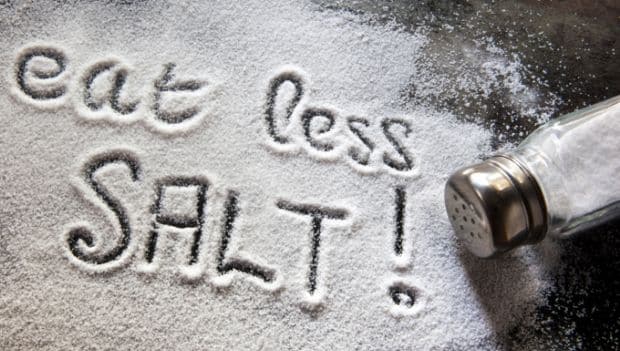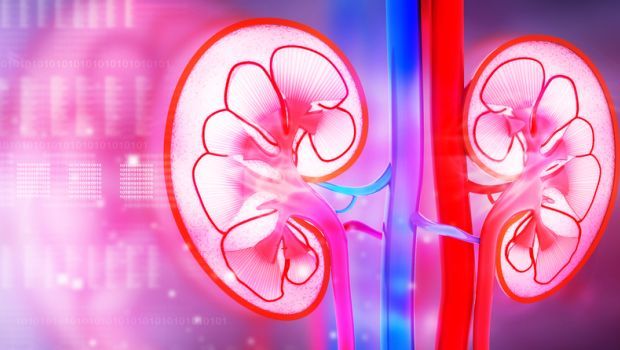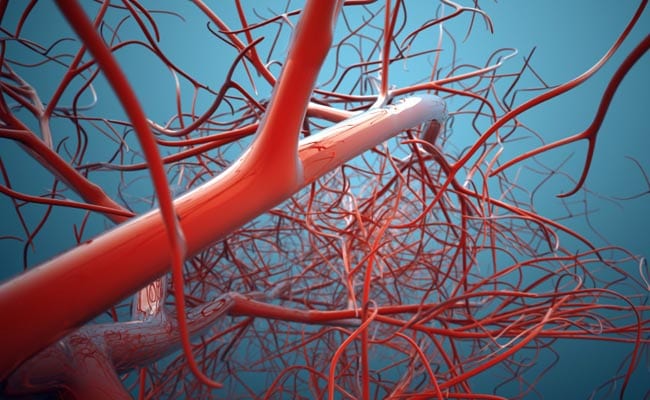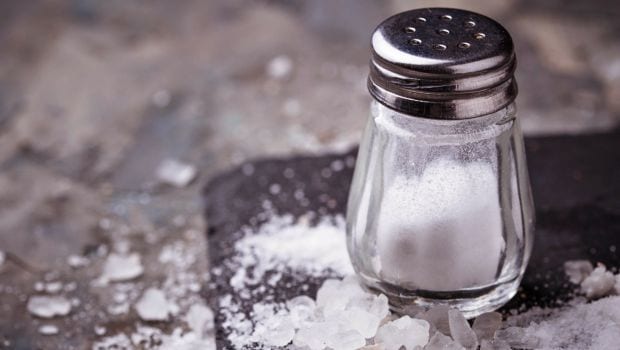According to WHO, the recommended salt intake per day is five grams. While regular food may be prepared with just the right amount of salt, other food items like bakery products, pickles, chutneys and sauces, papad, non-alcoholic beverages and canned food often contribute to the "extra" consumption of salt.
Dr. Manoj Kumar, Cardiologist at the Max Super Speciality Hospital, says that every third or fourth person in India is hypertensive. "Nowadays I get patients as young as 25 who are hypertensive. These are mostly people working in high-stress jobs, where sleep is often compromised with and there is easy access to packaged food most of the time."
So what are the consequences of high salt intake in our daily diet? Let's find out -
1. Spikes Blood Pressure
Various studies have established a link between certain foods you eat and how they affect your blood pressure levels. High blood pressure is a medical condition where the arteries have elevated blood pressure. Blood pressure is the force of pushing the blood against the artery walls. Every time the heart beats, blood is pumped to the whole body through the arteries. The higher the blood pressure, the harder it becomes for the heart to pump blood. Amongst various factors like smoking, obesity, stress, old age etc which are known to cause hypertension, salt is also a major perpetrator. Specially, processed foods that secretly contain high sodium levels.

"Excess salt intake can lead to high blood pressure, coupled with lack of exercise, obesity, stress and tension," says S. Chatterjee, Senior Consultant, Internal Medicine, Apollo Hospital. "Packaged food, processed food and ready-to-eat meals all have high salt content. They are also high in cholesterol and oil, and regular consumption leads to weight gain and obesity, and in turn, hypertension."
2. Development of Multiple Sclerosis
According to a study done by the University of Vermont in Burlington, Vermont, diets high in sodium may be a risk factor in the development of multiple sclerosis (MS) by influencing immune cells that cause the disease. Multiple Sclerosis is a complex disease, which is very much influenced by one's genetic background. Researchers said that although the study does implicate salt intake as a risk factor, it is important to note that dietary salt is likely just one of the many environmental factors contributing to this ailment.

3. Heart Disease
According to health experts, the high levels of salt-laden processed foods that we eat are responsible for pushing up blood pressure levels, and thus, raising the risk of heart disease. Most people have no idea how much salt they are consuming, or what the guideline amounts are. In India, people are found to consume thrice the amount of salt than the recommended amount. People with Type-2 diabetes have more to add to their list of dietary restrictions as researchers have found that a high salt diet may double their risk of developing cardiovascular disease. Elevated dietary sodium can increase arterial stiffness. Potential effects on the arteries include reduced function of the endothelium, which is the inner lining of blood vessels. Endothelial cells mediate a number of processes, including coagulation, platelet adhesion and immune function.

4. May Delay Puberty
A study done by University of Wyoming in the US. found that having excess dietary salt may result in late onset of puberty that can lead to behavioural problems, stress and reduced fertility. "Our research highlights for the first time that the salt content of a diet has a more significant effect on reproductive health than the fat content," said lead researcher Dori Pitynski.

5. Damage to Organs
Researchers at the University of Delaware have found how a diet with extra sodium content can cause long term damage to various organs including heart, kidneys, brain and blood vessels. Those who suffer from high blood pressure and cholesterol are generally recommended to shun salt, but health experts advise others to keep a strict watch on their daily sodium as well. High sodium is also associated with reduced renal function, a decline observed with only a minimal increase in blood pressure.

6. Enlargement of Muscle Tissue
"High dietary sodium can also lead to left ventricular hypertrophy, or enlargement of the muscle tissue that makes up the wall of the heart's main pumping chamber," said David Edwards of University of Delaware. "As the walls of the chamber grow thicker, they become less compliant and eventually are unable to pump as forcefully as a healthy heart."

Chronically elevated dietary sodium may 'sensitize' sympathetic neurons in the brain too, causing a greater response to a variety of stimuli, including skeletal muscle contraction.







